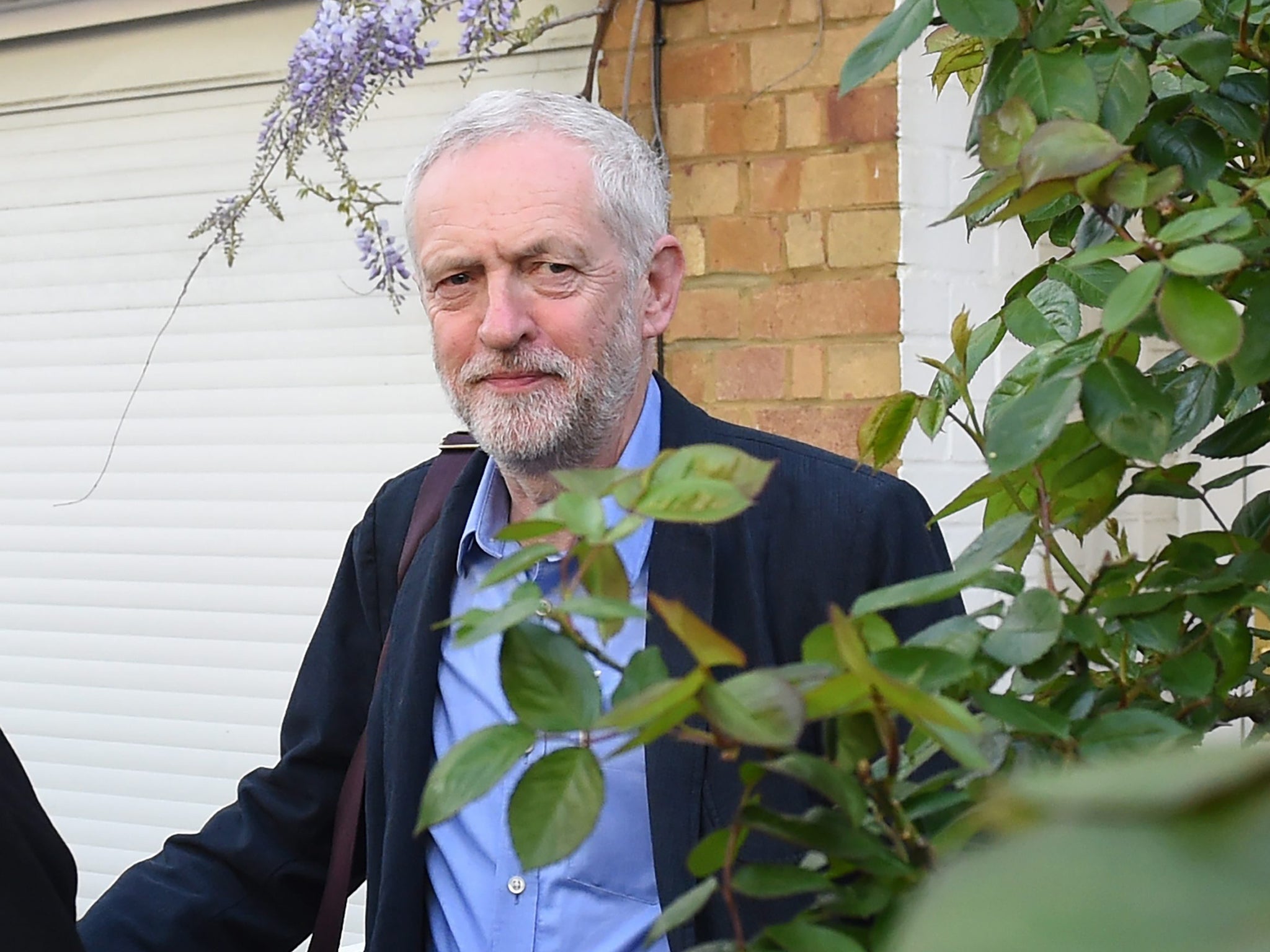UK Elections: Labour's results can't be entirely blamed on Jeremy Corbyn, but he will have to do better next time
Mr Corbyn emerged having exceeded prior expectations, low that those were


Jeremy Corbyn’s critics set up Thursday’s election as a crucial test of his ability to appeal to the electorate. Apart from probably wresting the post of Mayor of London from the Conservatives’ grasp, they anticipated that it was a test the Labour leader was bound to fail. Unfortunately for those critics, however, Mr Corbyn managed to get a pass from the examiners – although they very clearly withheld giving him a distinction.
The main component of the critics’ test comprised elections in 124 local authorities across provincial England. This seemed a relatively tough examination. Most of the seats in these elections were previously contested in 2012, which happened to be the one year that Ed Miliband achieved a reasonably good set of local results.
As a result, given that Labour is still trailing the Conservatives in the opinion polls, it seemed that the party could well lose 150 of the 1300 seats it was trying to defend. And as Mr Corbyn’s critics pointed out, the only Labour Opposition leaders that had previously presided over seats losses of local council seats were Michael Foot and Neil Kinnock - not that it would seem the happiest of precedents.
Yet in the event, the result for Labour was rather better than anticipated by the polls. Although at 31 per cent, the BBC’s estimate of what Labour’s performance would be worth in a general election was still six points below the equivalent figure for 2012, it was still enough to put the party ahead of the Conservatives by one point. As a result, Labour lost far fewer seats than had been expected – only around two dozen, fewer than the Conservatives. Just as importantly, Labour only lost control of one council, thereby denying the headline writers anything on which to hang a story of Labour failure.
Mr Corbyn thus emerged having exceeded prior expectations, low that those were. Even so, a one-point lead over the Conservatives is far less than Labour achieved in local elections in the years immediately prior to gaining power in 1997 or the Conservatives secured before 2010. It is not the kind of performance that suggests the party is currently en route to regaining power.
Not that Labour did not suffer any serious reverses. The result in Scotland, where the party suffered a meltdown in last year’s general election, was again little short of catastrophic. Here voters had two votes—one for a local constituency contest, the other for additional list members that are allocated to make the result more proportional.
At 23 per cent, Labour’s vote in the constituency ballot was down one point on last year and by nine points when compared with the last Scottish Parliament election in 2011. Far worse, however, was the fact that the party won just 19 per cent of the list vote. That meant that, on that ballot, it trailed the Conservatives by four points, the first time that Labour has trailed the Conservatives in a Scotland-wide ballot since 1959. Above all, it ensured that Labour ended up with seven fewer seats than the Conservatives.
Still, Labour’s difficulties in Scotland predated Mr Corbyn’s accession to the leadership. In addition, he had little involvement in a campaign that was directed by the party’s Scottish leader. Thus responsibility for the calamity cannot easily be laid at Mr Corbyn’s door. However, it will be very difficult for Mr Corbyn to win the next general election unless the party does eventually recovery north of the border.
The outcome in Wales, where the election was also held under proportional representation, was, in truth, not much better for Labour than in Scotland. The party’s vote fell by eight points on the constituency ballot and by five points on the list. However, because support for the opposition to Labour in Wales is evenly divided between the Conservatives and Plaid Cymru, Labour was still able to retain all but one of its existing 28 constituency seats – and thus its dominant position in the Assembly. The party’s poor performance was masked from view.
For now at least, Thursday was good enough for Mr Corbyn. But the Labour leader should remember that his impatient parliamentary party will not be satisfied with that for long.
John Curtice is Professor of Politics, Strathclyde University
Join our commenting forum
Join thought-provoking conversations, follow other Independent readers and see their replies
Comments